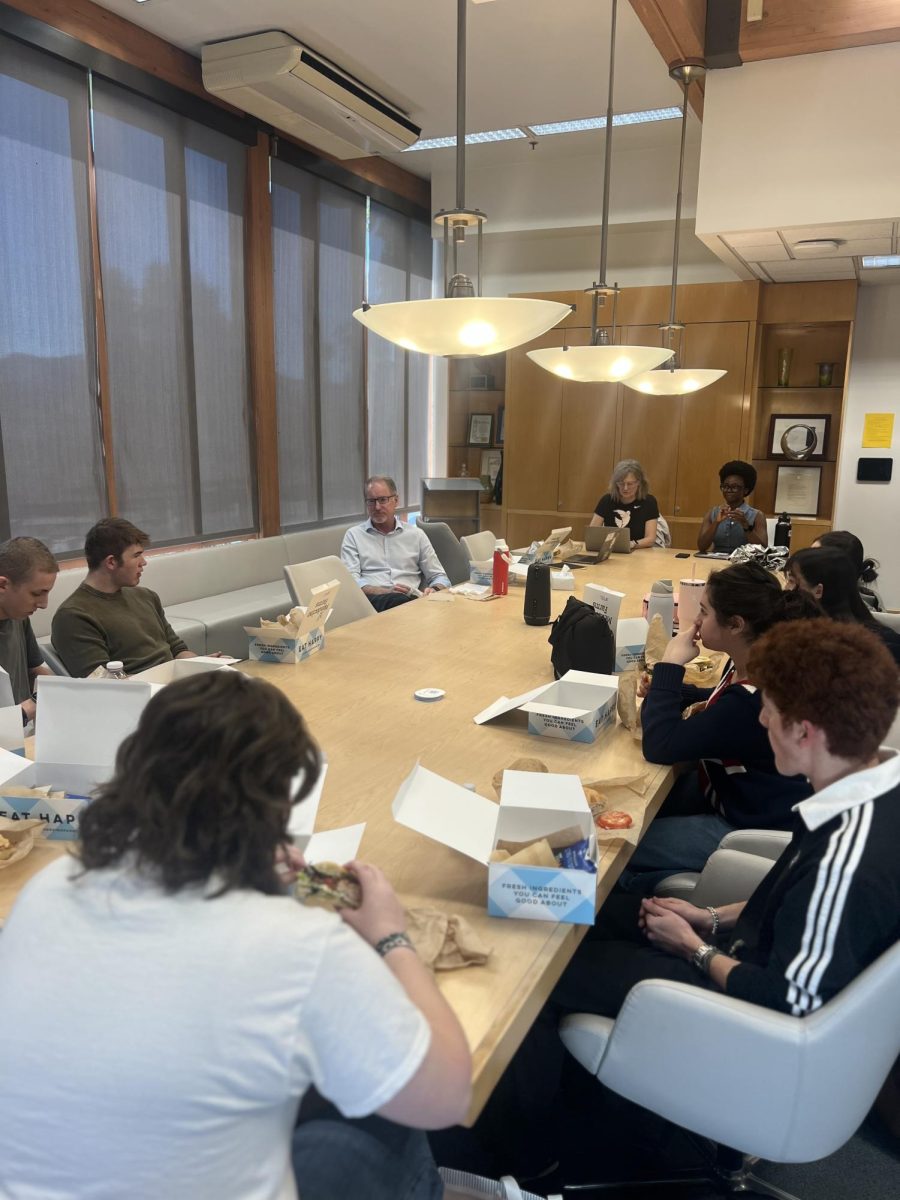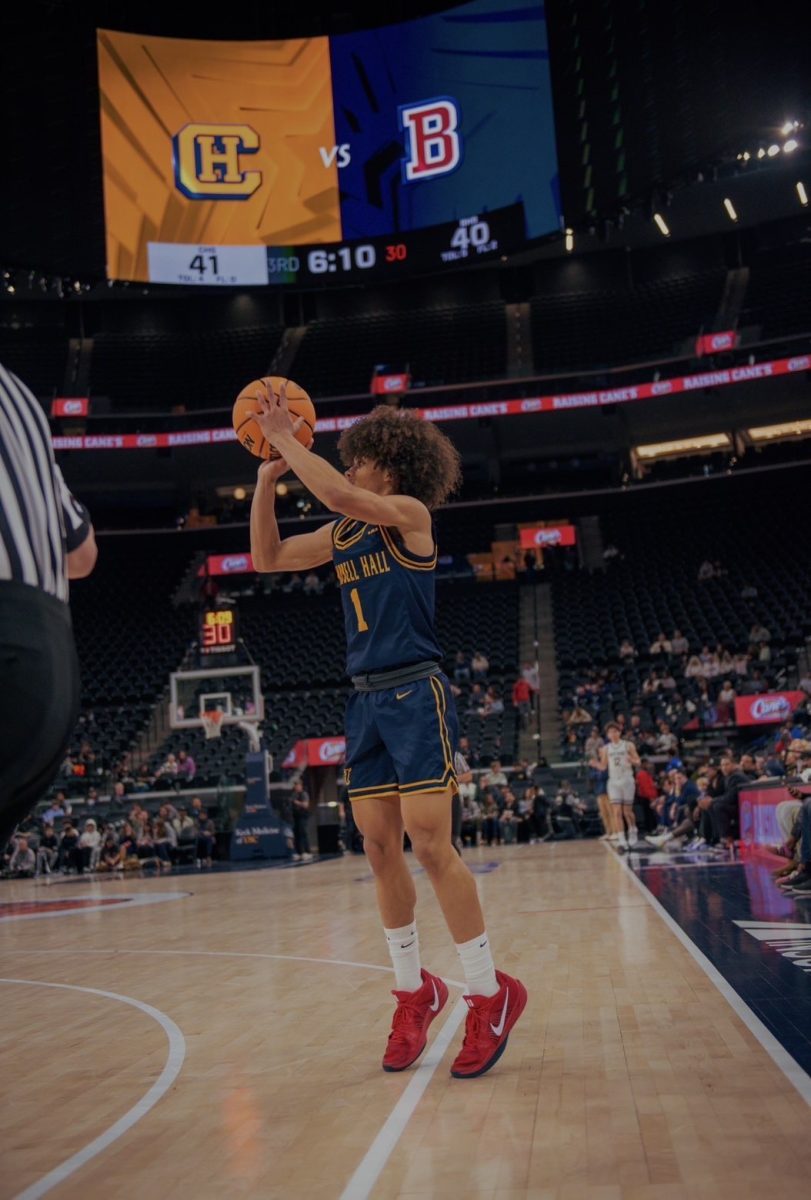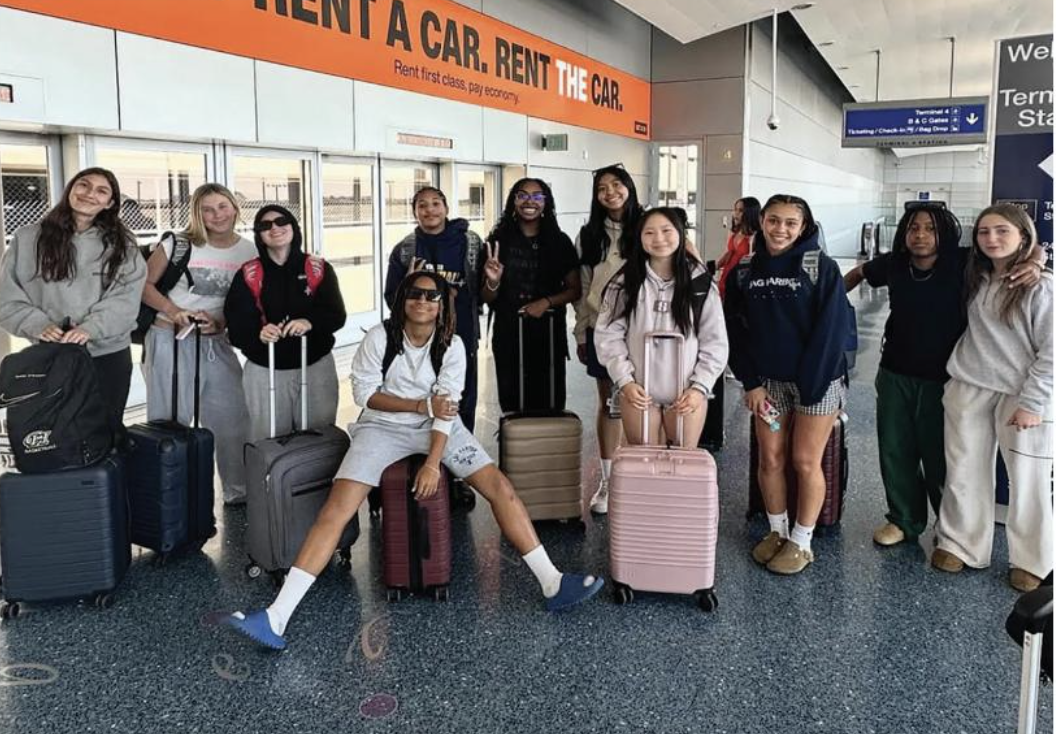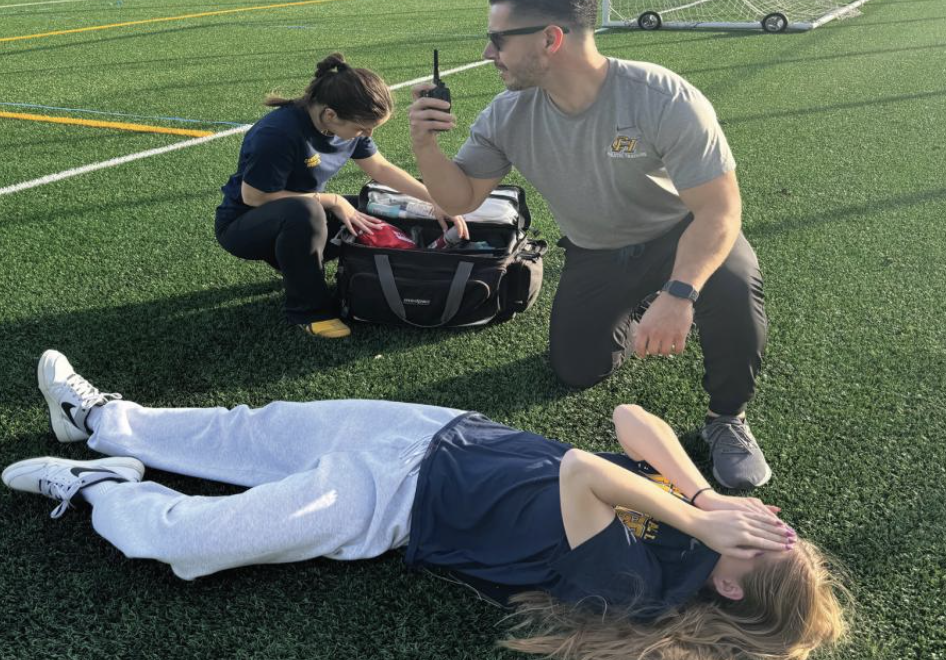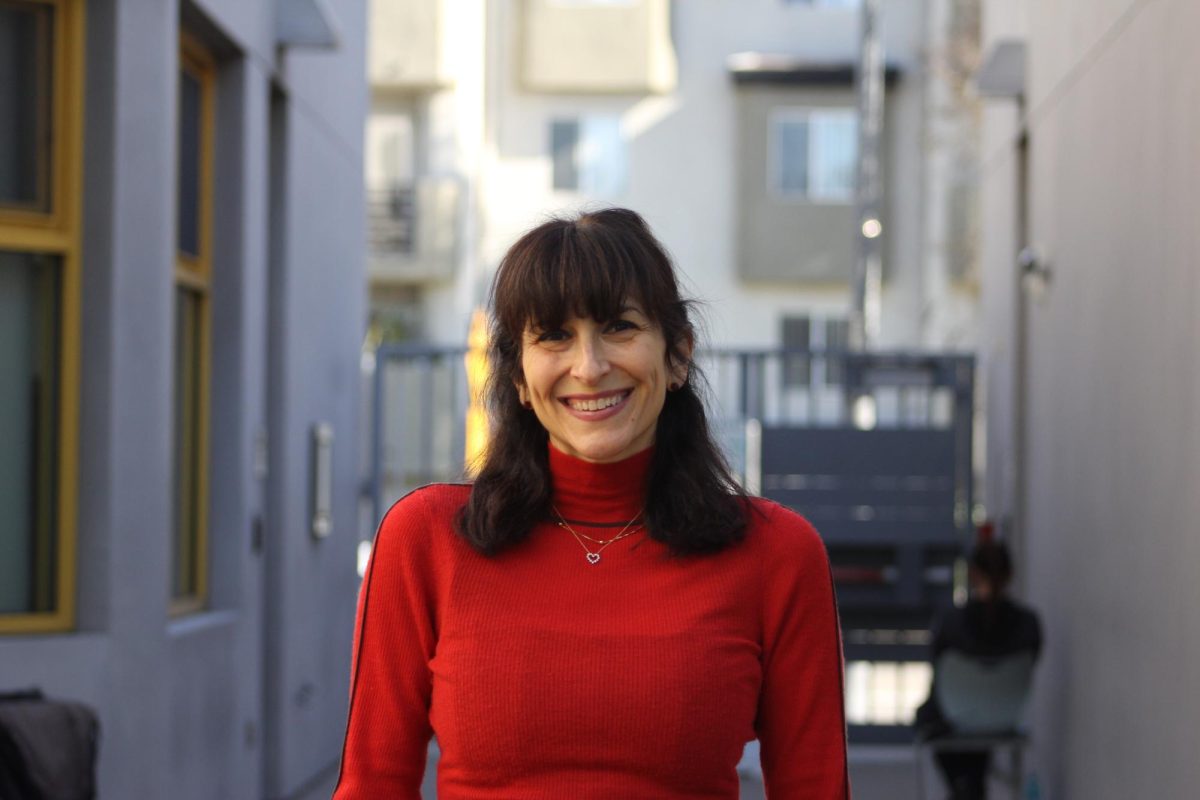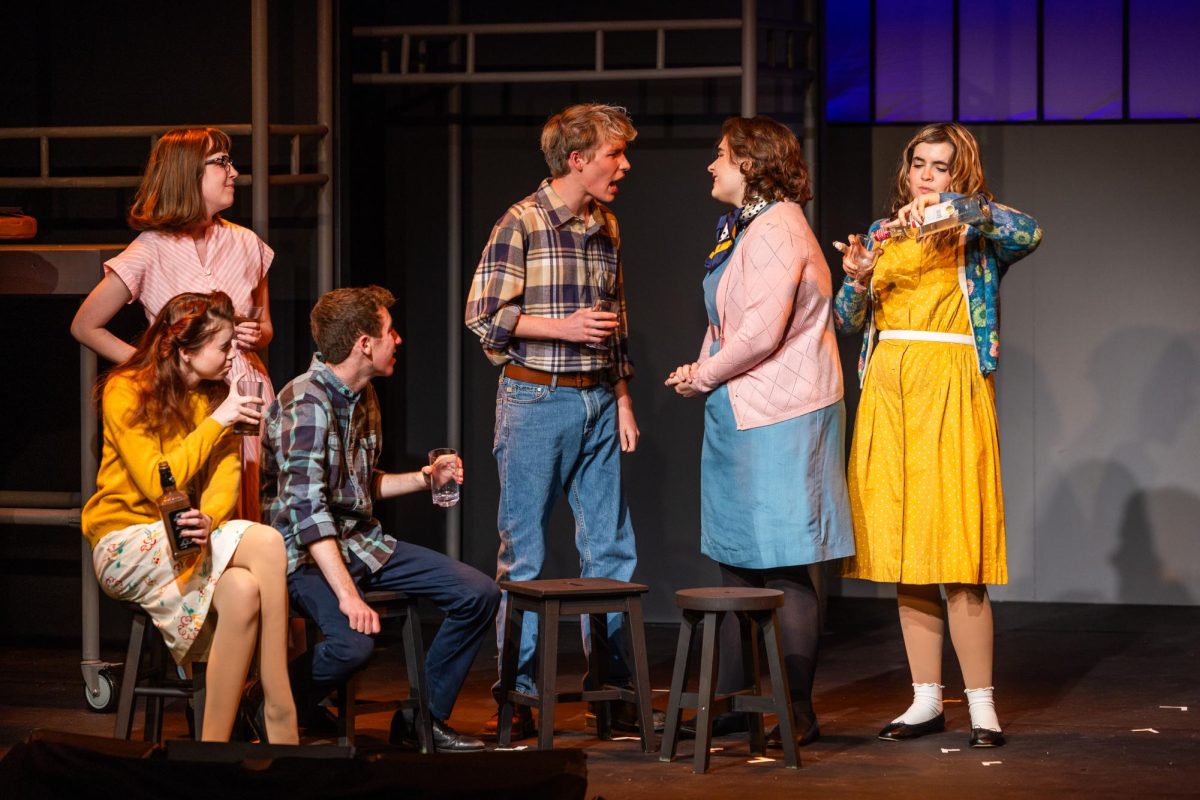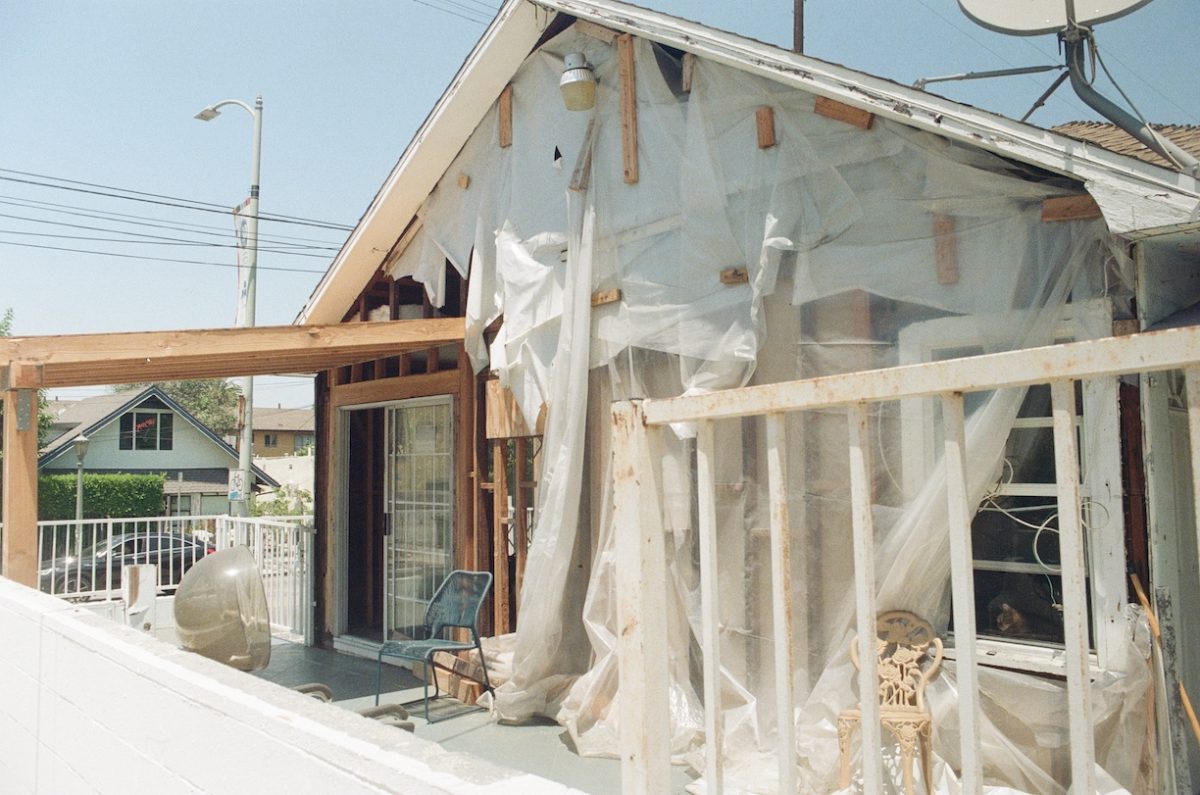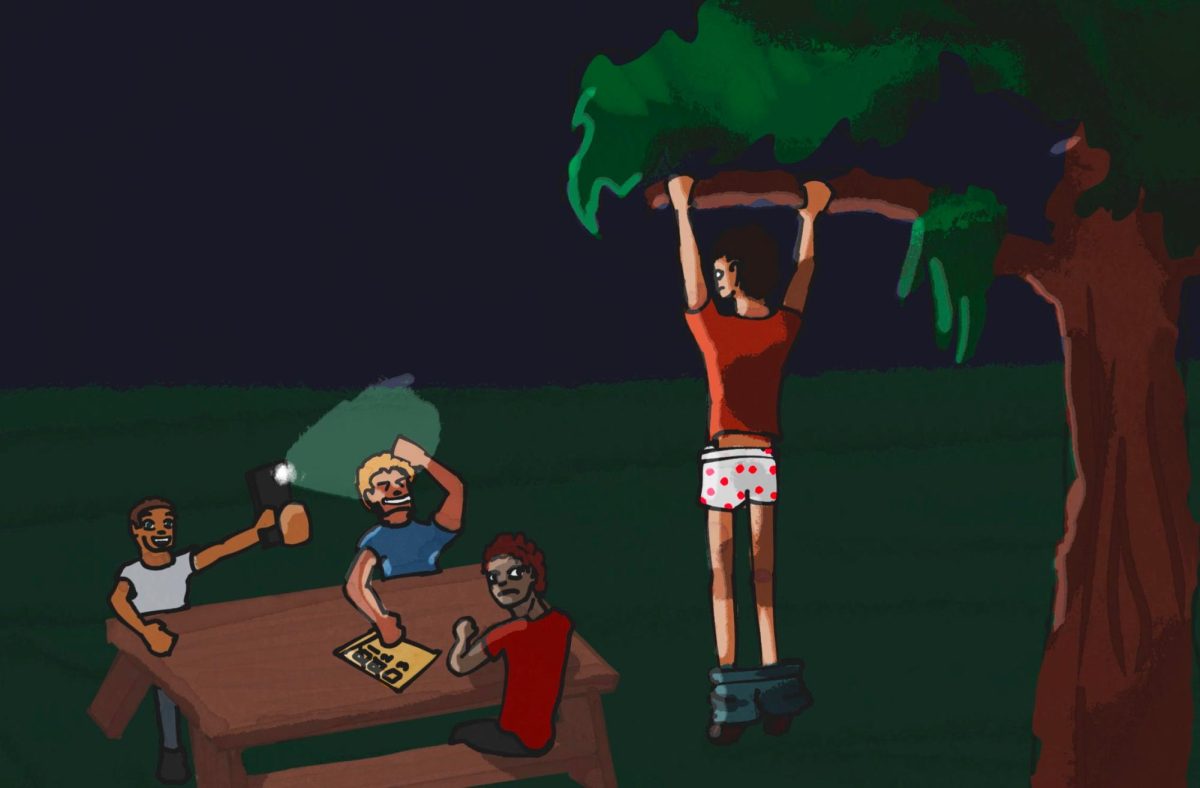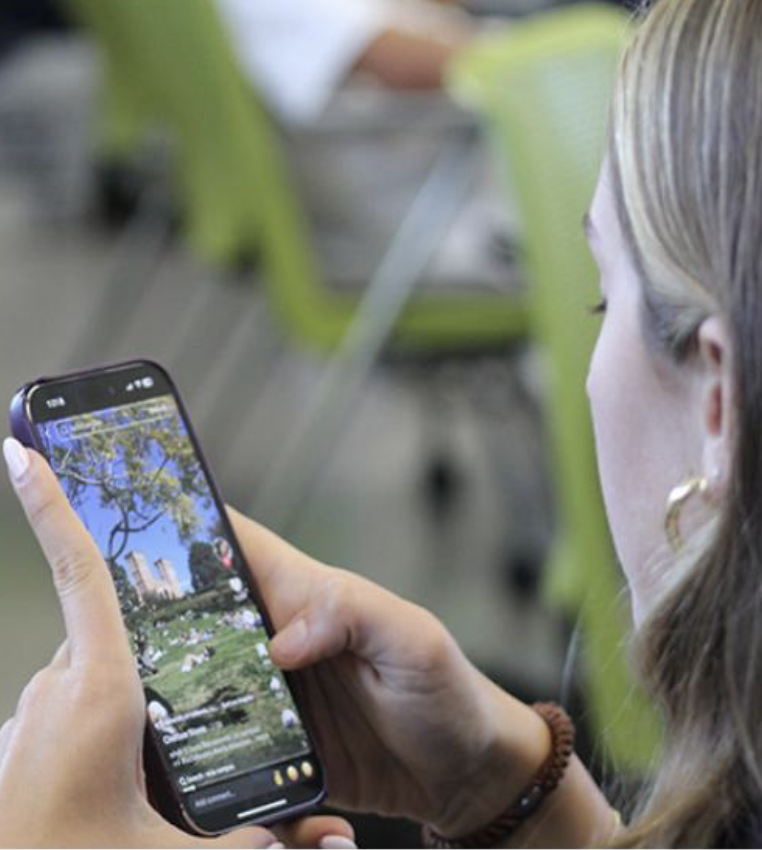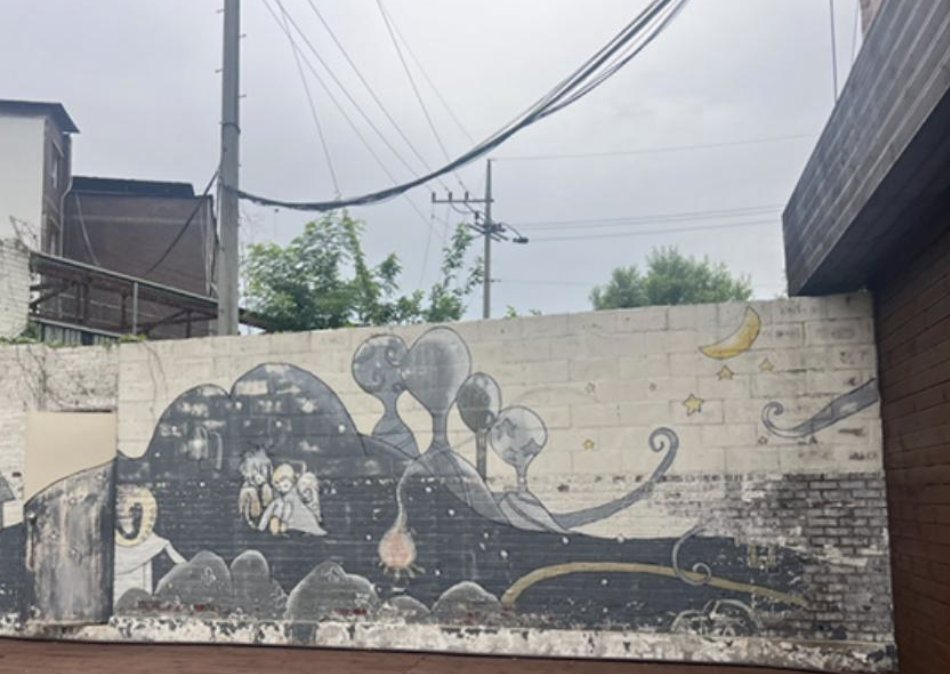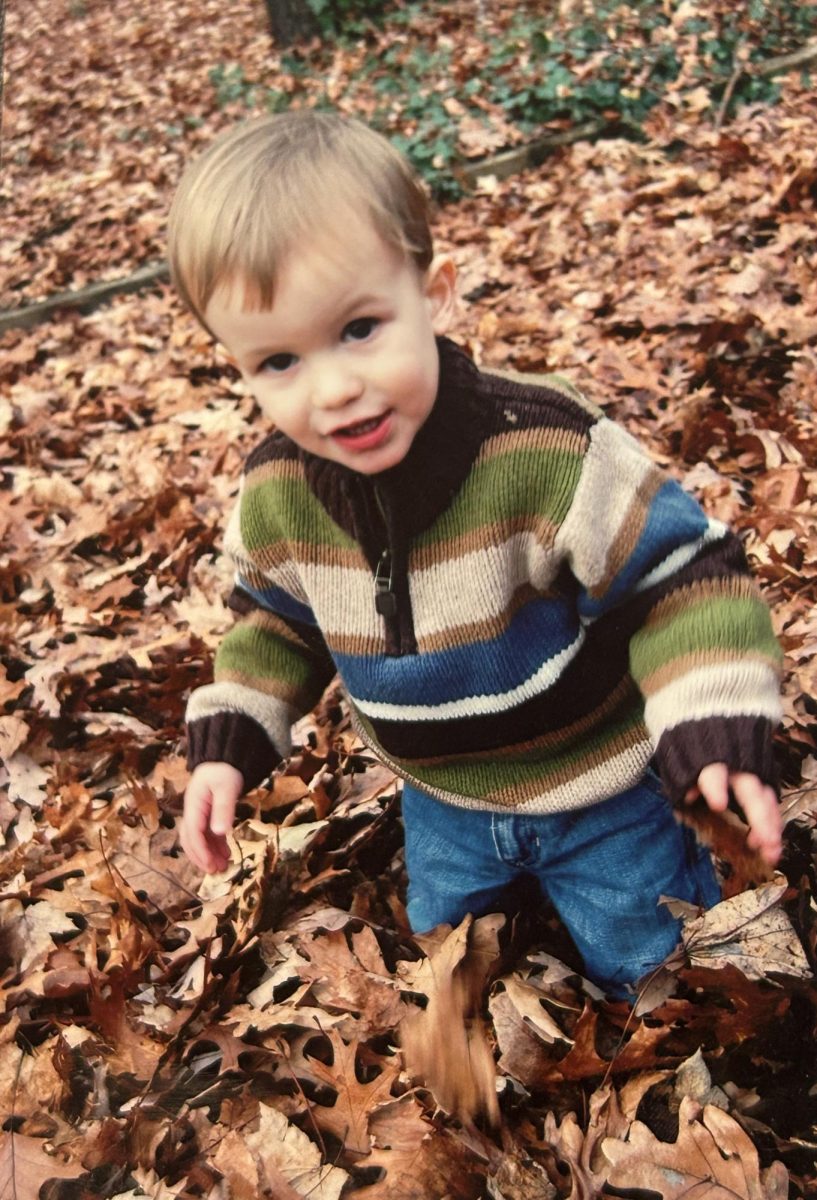My childhood summers were spent in New Buffalo, Michigan. A small town on the shores of Lake Michigan just north of the Indiana state border. It is a beautiful and diverse landscape, the lake giving way to wooded marshes and, further inland, a vast array of dwindling family-owned farms that are slowly being bought out and transformed into housing developments.
Each summer, my family would make at least one or two trips to Billy Boy’s Blueberry Barn. Billy Boy’s was a small, family-owned farm that allowed tourists and locals alike to explore the fields, picking blueberries and indulging in an assortment of blueberry baked goods, jams and compotes. Growing up, a trip to Billy Boy’s represented something greater than just a simple family outing. It represented an escape from the noise and chaos of life in Chicago and the beginning of summer.
When I turned 16, my parents decided it was time for me to get a summer job. Naturally, I chose to apply for a job at Billy Boys. Even though I finished each shift covered in blueberry juice and reeking of fermented fruit, I couldn’t have been happier. I felt reconnected with my childhood in a way I hadn’t felt since my family moved to Los Angeles.
It was 5 a.m. and, still dark, and the evening fog sat heavy over the forest, yet to be evaporated by the grueling midwestern sun. Passing through the rusting gate, I began to walk up the driveway, my boots softly displacing the morning dew that had accumulated on the grass. As I got closer to the barn, however, I saw the silhouette of a large semi interrupting the otherwise aesthetic rural family-owned farm; in bright red and blue, “Costco Wholesale” was displayed gaudily on the side. My boss waved me over. “Unload the truck,” she said. Thinking it was a shipment of new farm equipment, I eagerly hopped aboard. I broke open one of the boxes – and my heart sank. It wasn’t farm equipment that I was unloading, but rather industrial-sized boxes of store-bought berries stacked all the way to the ceiling. I look back at my boss who remained unphased. “We’re mixing them in with ours,” she said. “People don’t know the difference.”
I felt like I’d been punched in the stomach. It felt wrong and dishonest. But despite my inner turmoil, I did as I was told. I began to unload the truck, crate by crate, pouring each box in with the blueberry supply that I helped to pick the day before. For the rest of my shift, I couldn’t look the customers in the eye. More and more people purchased baskets of blueberries exclaiming “I don’t think I can ever go back to eating store-bought blueberries now!” I looked askance, silently grieving my childhood. The supposed “unique breed” of berry sold at Billy Boy’s was actually from an industrial refrigerator from the local Costco.
That summer taught me a valuable lesson about perception, reality and moral ambiguity. There are two ways to look at the business practices of Billy Boy’s Blueberry Barn. One is to call them greedy; buying blueberries wholesale and reselling them at an artificially marked-up price, taking advantage of locals and tourists alike. The other is to acknowledge the desperateness of their situation. It’s become impossible for a farm like Billy Boy’s to compete with the large corporate farms that supply retailers like Costco. Seeing its neighboring family farms slowly disappear one by one, desperate measures may have been necessary for them to just stay afloat. People come to a place like Billy Boy’s not just for the blueberries, but for the story, the experience and the idea that Billy Boy’s represents; the idealistic American family-owned farm. And maybe that’s okay. Maybe it’s not about where the berries themselves come from, but rather the joy they bring.



